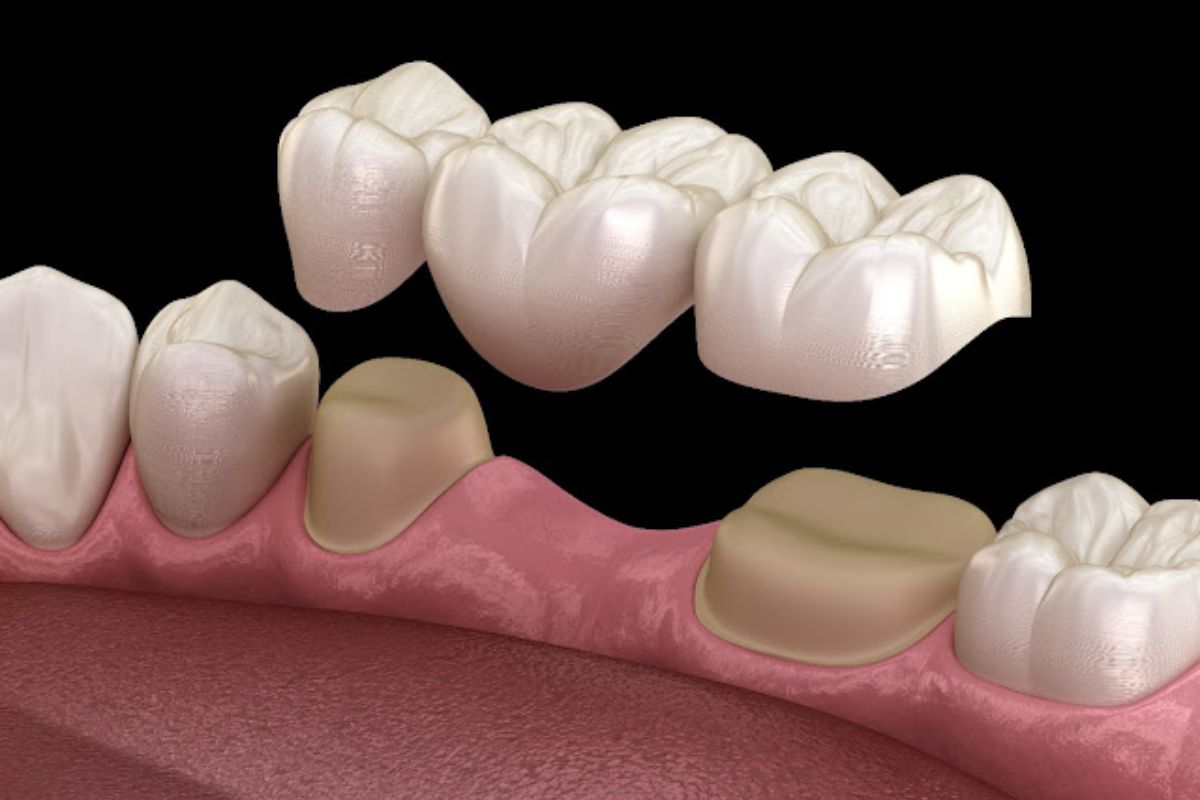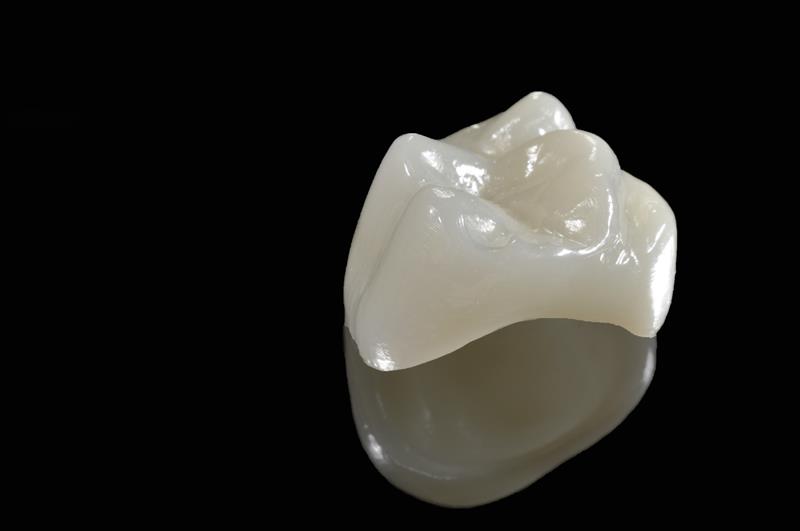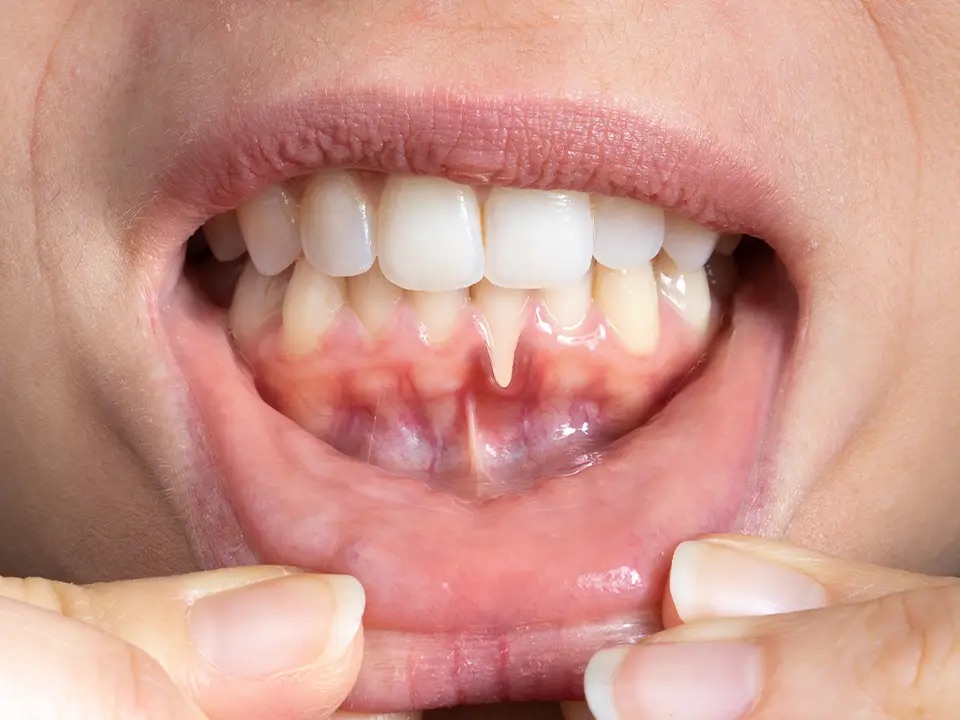Gum Disease Warning Signs Most People Miss

Gum disease is one of the most common yet misunderstood dental conditions. Many people assume that if their gums aren’t bleeding or painful, their oral health is fine. But gum disease often develops quietly, without obvious symptoms—until it has already caused serious damage. At Magnolia Family Dentistry, we believe prevention is key. That starts with knowing the warning signs that often go unnoticed.
What Is Gum Disease?
Gum disease—also known as periodontal disease—is an infection of the tissues that support your teeth. It begins when plaque, a sticky film of bacteria, builds up along and under the gumline. Without proper removal through brushing, flossing, and professional cleanings, plaque hardens into tartar, which leads to inflammation and infection.
There are two main stages:
- Gingivitis – the early, reversible stage
- Periodontitis – the advanced form, which causes permanent damage
Our team provides both prevention and advanced care for periodontics in Midwest City OK, and we often find that catching the earliest signs is critical to preserving both your smile and your overall health.
Subtle Signs That Shouldn't Be Ignored
You might be surprised at how many warning signs go unnoticed or are mistaken for something else. Here’s what to watch for:
1. Bad Breath That Doesn’t Go Away
Chronic bad breath—even after brushing and using mouthwash—can be an early indicator of gum disease. It’s not just a social inconvenience. It’s often caused by bacteria thriving below the gumline.
2. Gums That Appear Puffy or Slightly Red
Even mild gum inflammation can be a sign of trouble. If your gums look swollen or darker in color than usual, it may mean your immune system is reacting to bacterial buildup.
3. Tooth Sensitivity
Many patients assume sensitivity is caused by enamel loss or cavities. But in some cases, gum recession caused by early periodontitis can expose tooth roots, leading to sharp pain when eating or drinking hot or cold items.
4. Gums That Bleed When Brushing or Flossing
This is one of the most commonly dismissed symptoms. If your gums bleed even slightly, it’s time to schedule a check-up. Bleeding isn’t “normal”—it’s a red flag that your gum tissue is irritated and potentially infected.
5. Changes in Your Bite
If your teeth start to feel different when you bite or chew—or if your dentures no longer fit the same—gum disease may be causing bone and tissue changes around your teeth.
6. Loose Teeth
By the time gum disease causes teeth to feel loose, the condition is already advanced. At Magnolia Family Dentistry, we often identify bone loss around teeth using digital imaging and recommend prompt treatment to stabilize your smile.
Why These Signs Are Easy to Miss
Many people don’t realize they’re developing gum disease because symptoms often develop gradually and without pain. Plus, the early stages of gum disease may not interfere with your daily routine. That’s why routine visits to a general dentist in Midwest City Oklahoma are essential—many of these signs can only be detected during a professional exam.
The Role of Preventive Care
Routine teeth cleanings in Midwest City OK are your first line of defense against gum disease. During a cleaning, our hygienists remove plaque and tartar from areas that are difficult to reach at home, including beneath the gumline.
We also offer deep cleanings and scaling and root planing if gum disease has progressed. These treatments, part of our restorative dentistry services in Midwest City, allow us to prevent further damage and help you avoid tooth loss.
How Gum Health Affects Overall Health
Gum disease doesn’t just affect your mouth. It has been linked to serious health conditions, including:
- Heart disease
- Diabetes complications
- Respiratory issues
- Preterm birth and low birth weight
Treating gum disease early can reduce your risk of developing or worsening these systemic conditions. This is one reason we take periodontal health seriously as part of our comprehensive general dentistry in Midwest City OK.
Who Is Most at Risk?
Anyone can develop gum disease, but some individuals are at higher risk:
- Smokers and tobacco users
- Patients with diabetes
- Pregnant individuals (due to hormonal changes)
- People with poor oral hygiene habits
- Those with a family history of gum disease
If you fall into any of these categories, scheduling regular visits with your dentist in Midwest City is even more important.
How Magnolia Family Dentistry Can Help
Our dental team is trained to detect even the earliest stages of gum disease. During your visit, we assess your gum pocket depths, review X-rays for bone loss, and evaluate your overall oral health. If signs of disease are present, we create a personalized treatment plan that may include:
- Deep cleanings (scaling and root planing)
- Antibacterial rinses or localized antibiotic therapy
- Monitoring and maintenance visits every 3–4 months
- Restoration of damaged teeth with dental crowns in Midwest City OK or fillings
We integrate gum care with every other aspect of your treatment plan—whether you’re coming in for orthodontics in Midwest City OK, cosmetic dental work, or even routine preventive care.
Don’t Wait for the Obvious Signs
By the time gum disease becomes visibly or physically uncomfortable, it’s often more difficult to treat. That’s why Magnolia Family Dentistry focuses on education and prevention. If you notice even subtle symptoms—like slight bleeding, puffiness, or a change in your breath—it’s time to come in for a professional evaluation.
We want to preserve your natural teeth and your overall health—and that starts with your gums.
.webp)



































